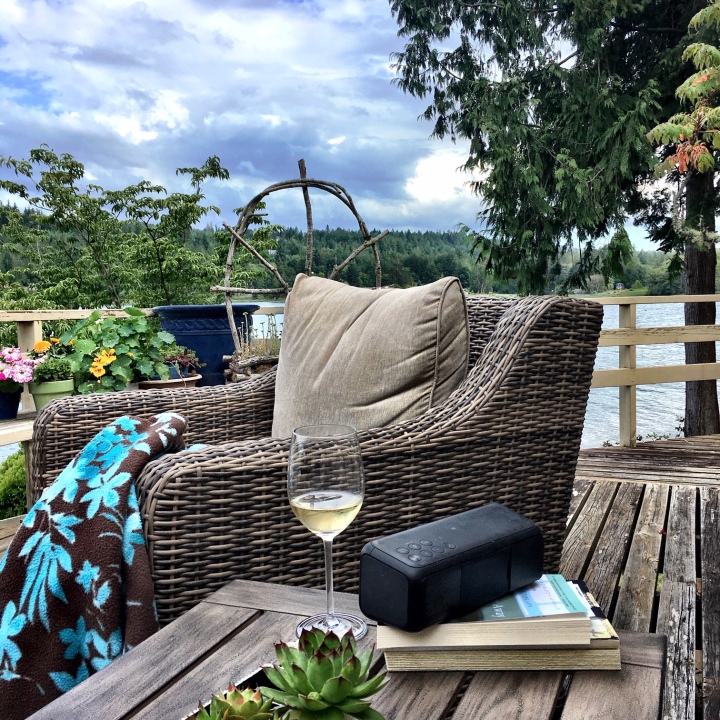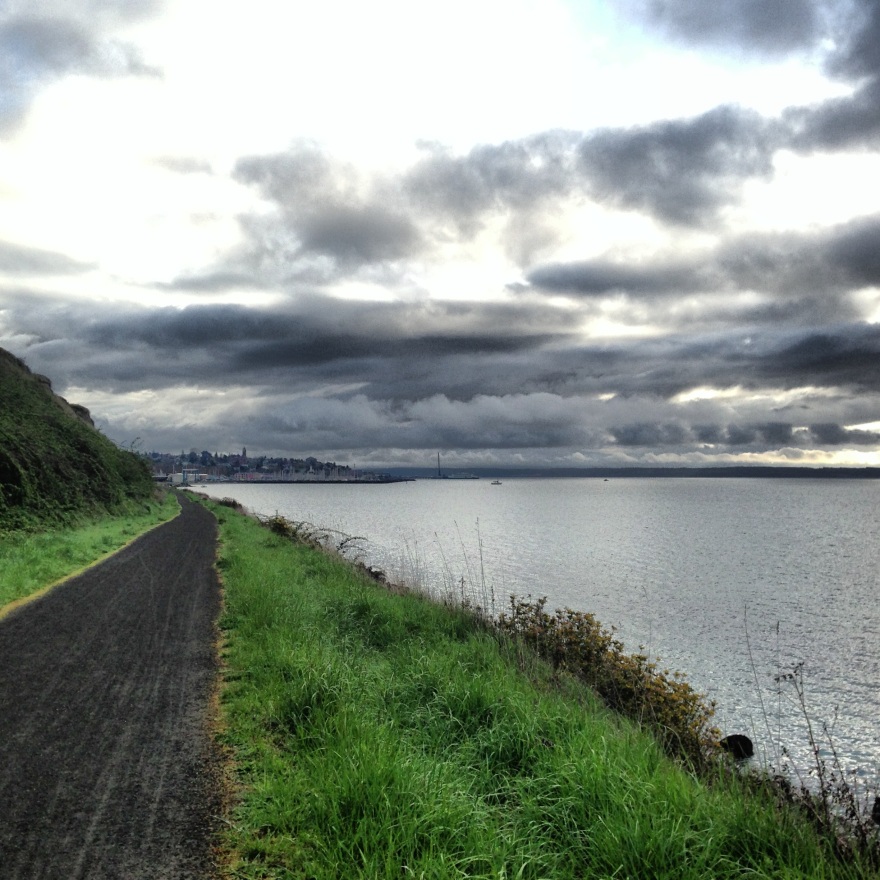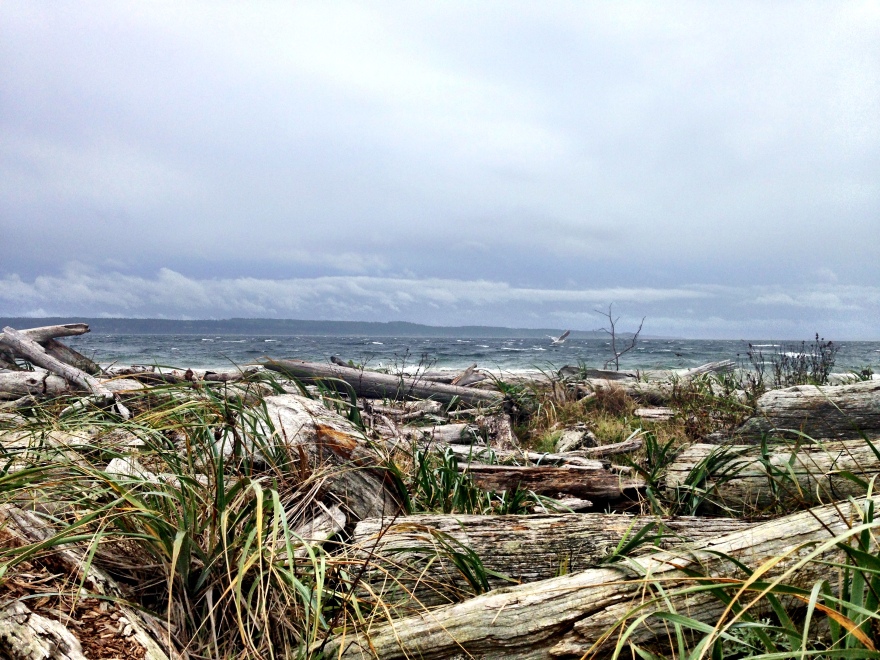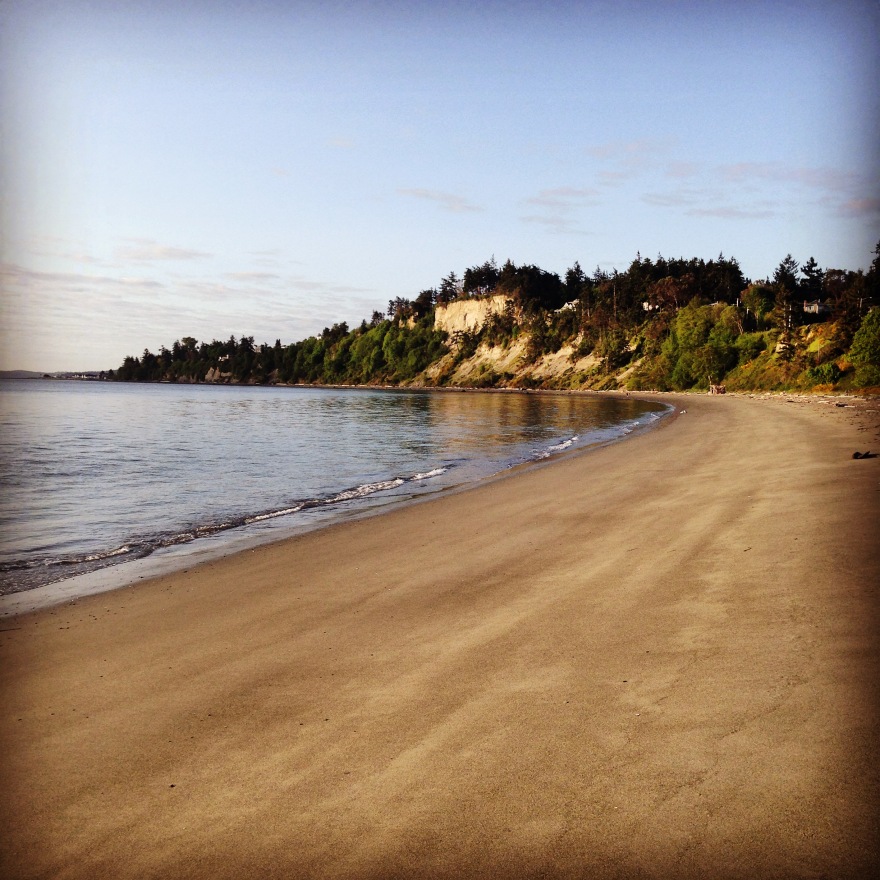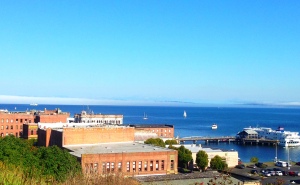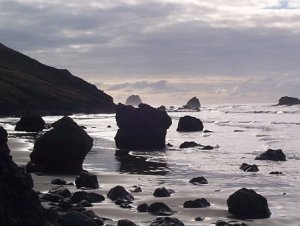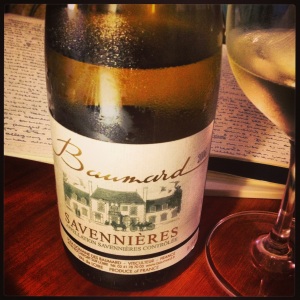I’ve written a dozen blog posts in my mind since March. I’ve even started a few of them here, half-paragraphs, lists, an attempt to chronicle and catalogue this strange, and strangely beautiful, time.
Nothing stuck. I couldn’t hold onto a theme long enough to see it through before something else snapped my attention away. Fatigue, busyness, depression, procrastination, even just sitting in silence, letting the now wash over me in wonder and despair, have all occupied the spaces where words might have gone.
Suddenly, mid-June. Nearly three months ago Andrew and I moved into our home, the yard a patchwork of bedraggled weeds and barren sand, the side lot a bramble of blackberry and massive Doug fir stumps, left after a previous owner hacked down the regal beauties to sell for firewood.

A cool, wet, late spring = jungle greens, and so many flowers nigh on bursting open with color
We are nested in, now surrounded by lush greens and expanding bursts of color. Fiery orange nasturtium, indomitable yellow calendula, feverfew daisies, so white and small, petunia’s deep magentas and purples, the English garden romance of lavatera and penstemon pinks and burgundies — and these are just the early bloomers after a cool May and a soaking start to June. In a few week’s time, we will be tasked with a daily vegetable harvest. The field of vicious blackberry that covered our side lot has been plowed under, the stumps pushed to the side thanks to a one-day Bobcat rental. In their place are mounds of amended soil covered in 2-foot high clover and buckwheat to welcome back the bees and butterflies, a pile of biochar that smoldered for two weeks, and a pétanque court. Yes. We have our own pétanque court.
Inside we have feathered another sort of nest that is both full of light and cozy, with nooks to escape with a book, a guitar, a laptop, a yoga mat, a purring cat and a cup of tea. Speaking of cats, we added a third to our wee family: Agatha, lately of the streets of Cabo, Mexico. She made the trek north in a caravan with her rambunctious litter of six, just a week after hernia surgery. Her kittens have found other homes; we took Mama, who at 18 months is barely more than a kitten herself. She’s attached to me, and the affection goes a long way toward filling the hole that Camille’s death left two years ago.

Miss Agatha, at rest
Our move, the day before the Governor’s Stay Home, Stay Healthy orders went into effect late March, could not have come at a better moment. Andrew was able to pour all his anxiety and empty hours — after his March and April painting jobs cancelled — into creating our beautiful, and imminently sustaining, gardens; I have found solace and comfort in a sweet space full of love and joyful energy. Coming home is a becoming.
I hold these gifts in gratitude and reverence. This space that is nestled in green, looked over by the cedar and maple and Doug fir that tower just over the backyard fence, whispering their ancient magic. For there has also been so much anxiety and anger. Nights when I begin to weep as soon as I lay my head on a pillow. For no reason, other than for the whole world. For the fear, the masks, the violence, the knee-jerks and real jerks, the distancing, the confusion, all the voices silenced, whether for four hundred years or since yesterday; those who will never recover from the pandemic lockdown, and the generations of BIPOC men and women locked in systemic injustice.

A Room of Her Own: my writing studio, and lately, my office away from the office
I write in fits and starts. I taught a weekly writing workshop via ZOOM for five Thursdays in April, and was smart enough to include myself in the participant roster. We wrote 300-max-word stories each week. I submitted one of my stories for publication, another I am working into a larger narrative for submission to an anthology of women writing about climate change. The Deep Coil is still with me: I edit a few pages a week. I crave time away, just a week, to do the deep dive it needs, but that is at least two months off. It is not the time to take a vacation, even though I am desperate for a break. I am one of the fortunate who is still clocking in and I am in the thick of writing my first federal grant proposal. Until I hit “Submit” in mid-August, I am chained to 9-5, or whatever it is these days with the blurred boundaries of working from home, Zooming with colleagues, workingworkingworking, all of us, for fear that if we stop, we will lose everything.
I miss my friends. I miss my family, though half of us aren’t speaking anymore because right left, backwards sideways. I no longer really know why. I deactivated my Facebook account in fury over my community’s obsessive fears of tourists invading our sheltered space, bringing their disease with them, when it seemed that more important issues were at hand, i.e. one in four Washingtonians now going hungry, a man lynched, his murder finally coming to light. Hours after I resigned from Facebook in disgust, George Floyd became another Black man whose life was ended by law enforcement.
After days and days of rain, suddenly the sun. Little Kitty- we can’t seem to remember to call her Agatha – is clapping her paws at bees in the lavender, the others are sun-drunk on the back patio. It feels good to be here with you. How are you? Share your world with me. Let’s be fully present in this, The Only Time We Have.
*Inspiration from poet Samuel Green, whose collection The Grace of Necessity I reread during this time of shelter-at-home

